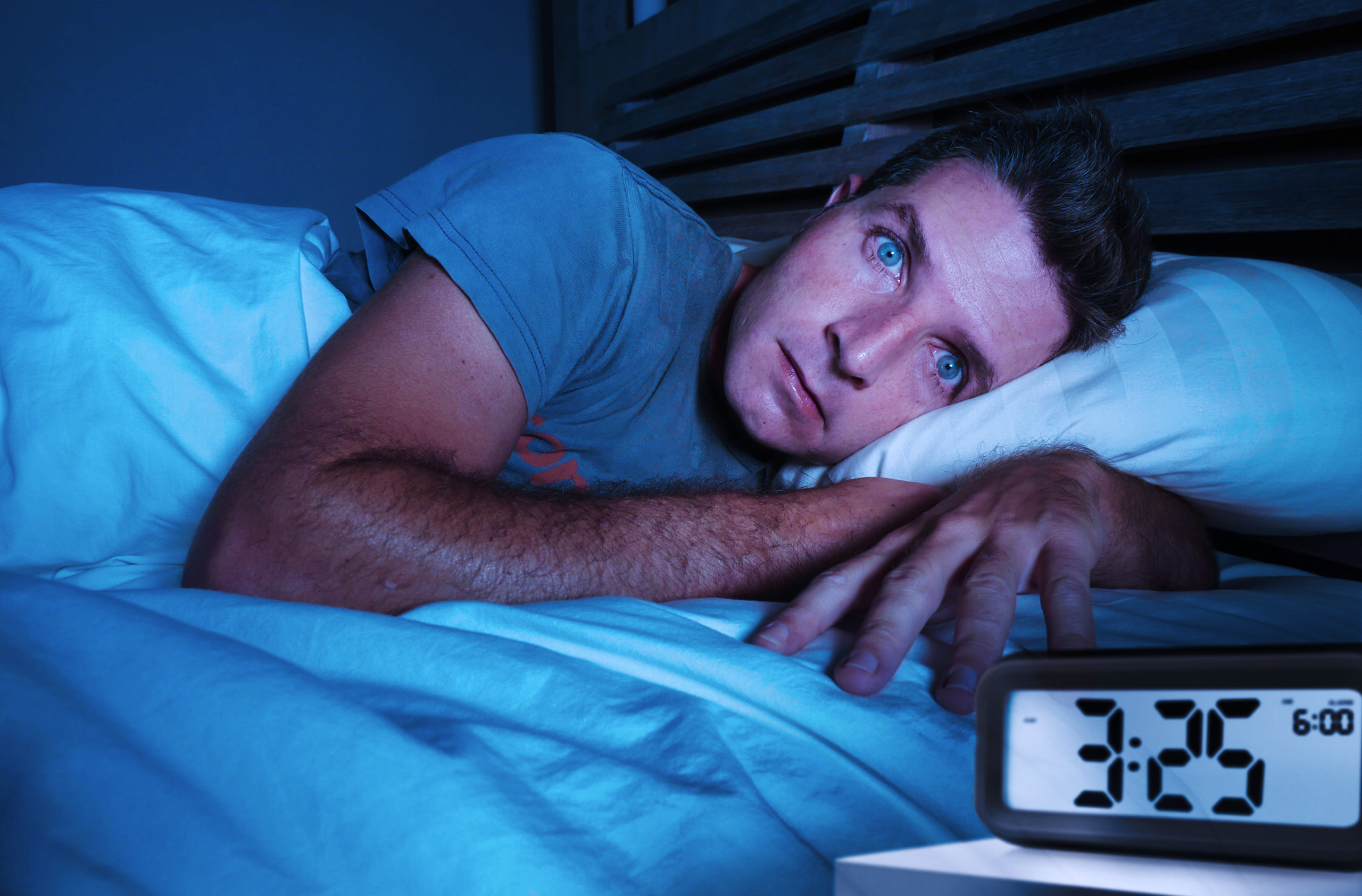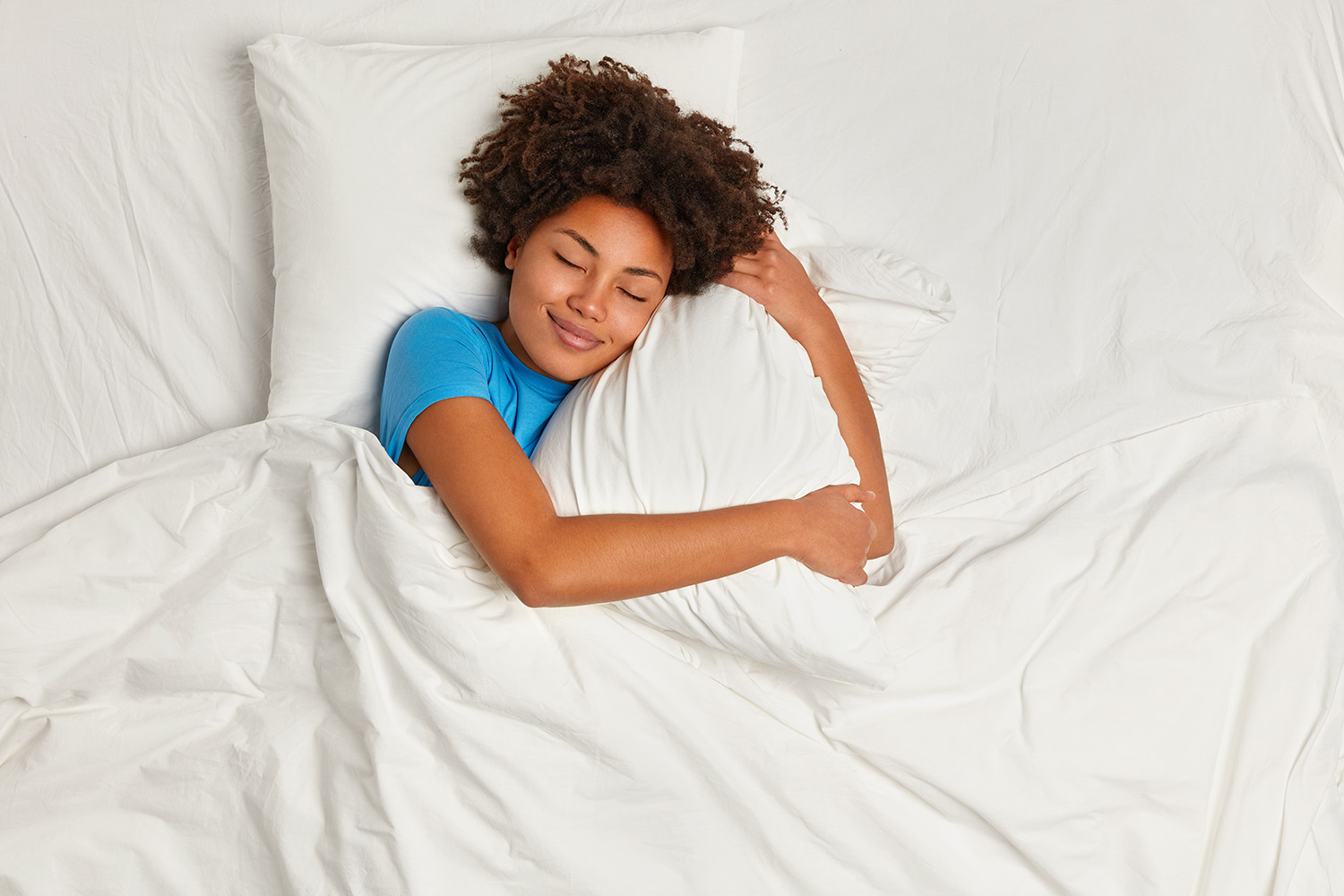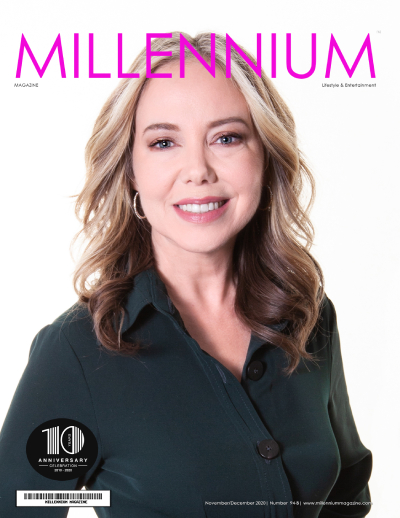
Dr. Nina’s What You Need to Know About Sleep and Age.
By Dr. Nina Radcliff
Many of us can recall “fighting” sleep when we were younger, whether it was naps or going to bed on time. We thought it was some sort of punishment or that we would miss out on something. It is not until the privilege of “sleeping like a baby” leaves us, that we long for the days past: having lullabies sung to us, being read to, and rocked. What most of us would do to turn back the hands of time!
How much sleep do we need through the ages?
On average, the sleep duration recommendations for newborns is 15.5 hours a day, elementary school children 10 hours a day, teens 9 hours a day, adults 8 hours a day, and seniors 7.5 hours a day. The general notion that older adults need less sleep is simply not true.
What is insomnia?
It is the inability to sleep and, unfortunately, it is a common problem that 70 million Americans suffer from. It describes difficulty with initiation, maintenance, duration, or quality of sleep despite adequate opportunity and circumstances. With older adults, the incidence increases dramatically. In fact, sleeping less than the recommended 7.5 hours a day is considered “normal” because it is so common. However, common does not mean normal or healthy.
What effects can insomnia have on us?
Short-term effects may include fatigue, mood disturbances, interpersonal and work-related problems, and an overall reduced quality of life.
Long-term effects can affect our body from head to toe. Chronic sleep disturbances can increase our risk for dementia or other memory impairments, heart problems, weight gain, depression, infections, and even cancer. Studies have even shown that it is a strong predictor of placement in a nursing home or other extended care facility.
Why does sleep become impaired as we age?
In general, the problem with sleep with older adults is not trouble falling asleep, but with staying asleep. One explanation is Advanced Sleep-Phase Syndrome, a circadian rhythm disorder where people go to sleep and wake up at times considered earlier than what is normal.
Additionally, a good night of sleep may become “frustrated” by issues as we age —arthritis, heart problems, restless leg syndrome, certain medications, or needing to use the restroom in the middle of the night.

Is there a prescription I can take for this?
Sleeping aids—whether over-the-counter or prescription—are intended for short-term sleep difficulties. However, the frustration of poor sleep and the desperation that it creates, can lead many to use them as a long-term solution. Doing so is like trying to use a bandage to stop a gushing wound from bleeding. It masks the problem, but does little to solve it or provide good quality sleep.
Additionally, long-term sleeping aids are associated with an increased risk of cancer, heart disease, and premature death. And here is a shocking statistic: greater than 50 percent of all sedatives are used by people aged 65 years and older! In fact, 19 percent of people aged 70-100 years take some sort of sleeping aid.
Then what can I do to help me sleep?
Deal with the problem at its source!
Chronic illnesses. Aches and pains or heart or lung disease can make even the most well-intentioned sleepy sleeper…sleepless. Work with your physician to optimize and manage these conditions in order to get your ZZZ’s.
Certain medications. Diuretics, diabetes medications, and some stimulants can impact sleep architecture. It is important to discuss with your doctor if the medications you are taking can be affecting your sleep. If so, ask him or her about possible alternatives, adjustments to the dosage, or timing.
Mental health issues. Addressing depression, anxiety, social isolation, and bereavement can be invaluable to good sleep.
Obstructive sleep apnea. This term describes repetitive episodes of upper airway obstruction that can lead to drops in oxygen levels and nighttime awakening. If you snore or find yourself waking up in the middle of the night, speak with your doctor.
Restless legs syndrome. This nerve disorder is characterized by “throbbing, pulling, creeping,” or other unpleasant sensations in the legs and an uncontrollable, and sometimes an overwhelming, urge to move them. Speak with your doctor on ways to make your legs more restful.

What is sleep hygiene?
The routines and rituals that we undergo before going to sleep. Good hygiene involves
Avoiding stimulants. Caffeine can perk us up and help us jump-start our day. However, if you are having difficulty sleeping, it may be wise to avoid it in the early afternoon. And don’t forget that tea, chocolate, and sodas also contain caffeine.
Turn down the lights. Our sleep hormone, melatonin, is suppressed with sunlight and artificial light. Before bedtime make sure to shut-off, power down, and unplug televisions, lamps, computers, tablets, and smart phones.
Relaxing activities. Engaging in relaxing activities such as praying, meditating, reading, listening to music, or talking with a loved one can help us drift off to sleep.
Calming products. There are also calming products available on the market. You can try products from Remedy Review, lavender pillow sprays, calming teas and much more!
Keep it cool. Research has shown that the ideal temperature for a restful slumber is between 60-68oF.
“You are never too old to set another goal or to dream a new dream” — C.S. Lewis. Let’s dream about good sleep and make it a reality. Sweet dreams.

























